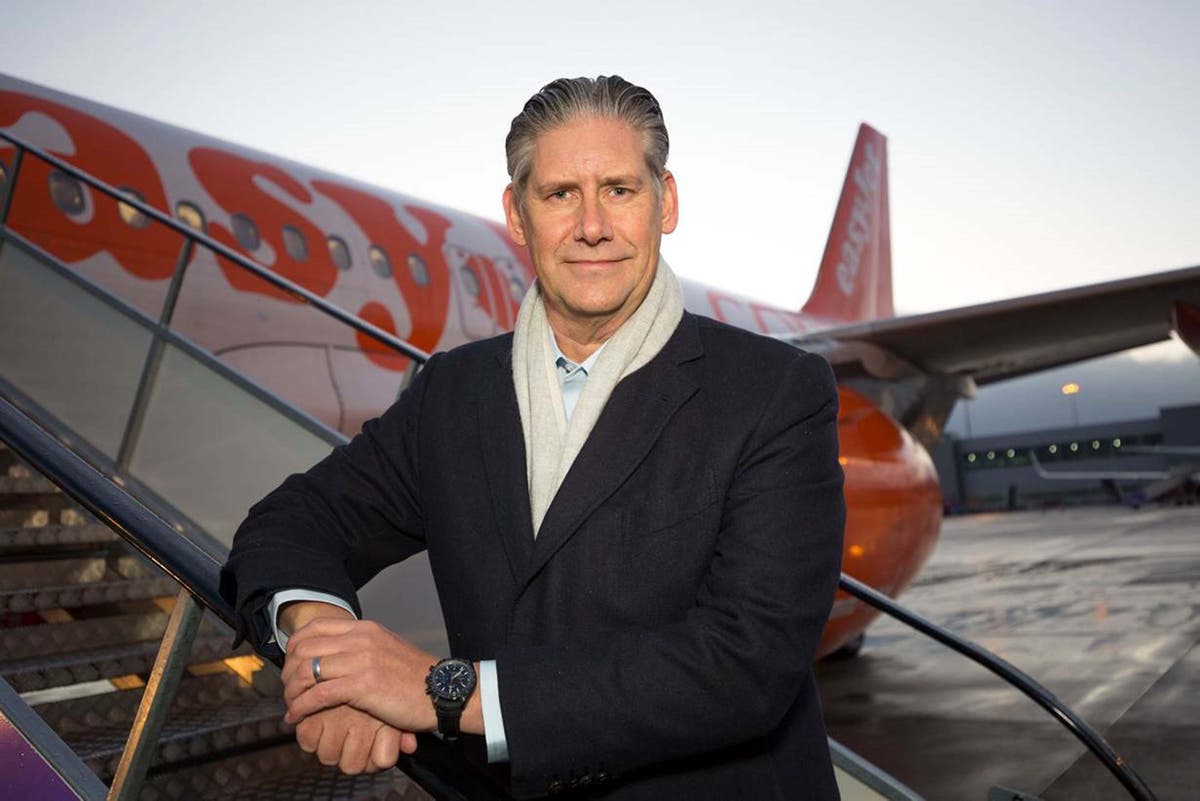In a blistering attack on air-traffic control (ATC) providers in Europe, the boss of easyJet has said the European system for controlling the skies is “no longer fit for purpose”.
Johan Lundgren, chief executive of Britain’s biggest budget airline, was commenting after a weekend in which hundreds of flights to, from and within the UK were grounded.
Many of these cancellations were a result of the CrowdStrike IT outage on Friday, but even on Sunday easyJet grounded more than 100 flights – many of them with passengers waiting at the departure gate.
Over 700 UK flights were cancelled by a number of airlines between Friday and Sunday.
Mr Lundgren said: “The past few weeks have been a clear demonstration that European ATC is no longer fit for purpose.
“We are seeing unprecedented delays, with slots restrictions applied to more than 50 per cent of our flights yesterday and today at ‘first wave’ due to a combination of staffing and capacity constraints and adverse weather.
“This cannot go on. Urgent reform alongside additional resilience and staffing need to be put into place so passengers don’t have to suffer the consequences of lengthy delays or the risk of their flight being cancelled.”
EasyJet has made it clear that his comments are not directed at Nats, the main UK air-traffic control service, but at the pan-European coordinator Eurocontrol and individual air-navigation service providers in Continental Europe.
His comments echoed those of Eddie Wilson, chief executive of Ryanair DAC, who last week told The Independent: “It is really, really difficult at the moment with ATC.
“Over the last 10 days something happened in terms of how they organise it or their staffing. We, like other airlines, were hitting 30 per cent of [total delays] down to air-traffic control.
“There has been a meltdown in European air traffic control over the last two weeks.”
A Eurocontrol spokesperson said: “Saturday 20 July and Sunday 21 July were among the busiest days in 2024 for air traffic in Europe with 32,513 flights on Saturday and 33,417 on Sunday.
“The global IT shutdown of 19 July had a knock-on effect on airlines and airports, putting additional pressure on an already saturated aviation network.
“Combined with convective weather – thunderstorms, etc – across much of central Europe, this resulted in significant delays and disruption for passengers across the continent.”
The average air-traffic control flow management delay per flight was 12.6 minutes – of which 5.6 minutes “was caused by regulations put in place to protect against the adverse weather conditions”, Eurocontrol said. One-ninth of the total hold-ups was attributable to staff absence.
On Monday morning, half of easyJet’s “first wave” of departures are delayed by a slot restriction. The knock-on effect will lead to delays and possible cancellations later in the day.
For more travel news and advice listen to Simon Calder’s podcast

